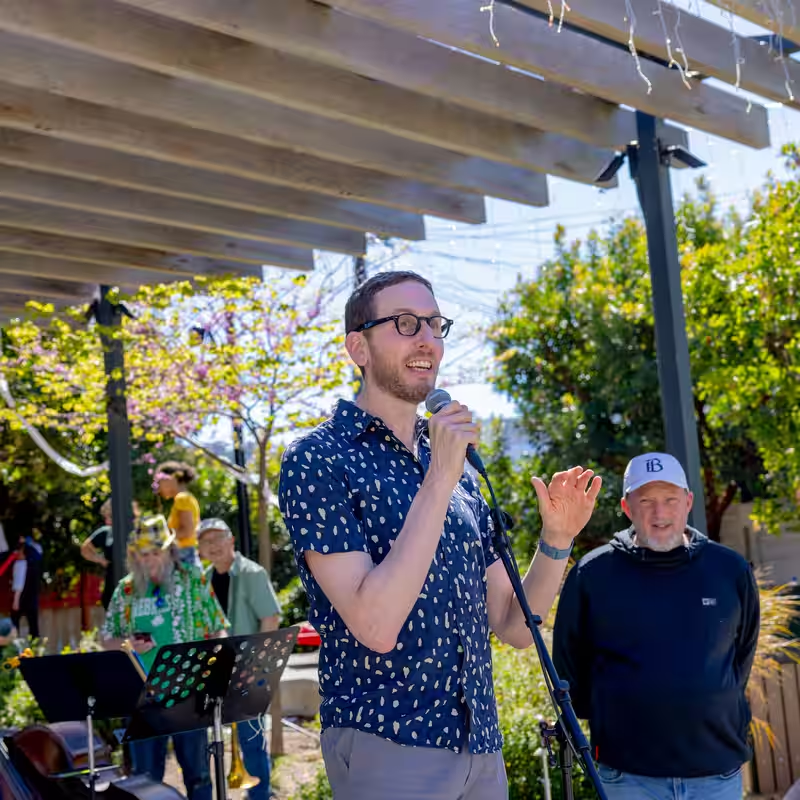Nancy Pelosi, the iconic and long-reigning Democratic leader from San Francisco, is facing a formidable challenge to her political future. California State Senator Scott Wiener is poised to mount a primary challenge against the 85-year-old former House Speaker in the 2026 election, signaling a potential seismic shift in one of the nation’s most progressive districts .
Table of Contents
- The Challenger: Who is Scott Wiener?
- Pelosi’s Uncertain Future
- A Battle for the Soul of the Democratic Party?
- What This Means for San Francisco
- Sources
The Challenger: Who is Scott Wiener?
Scott Wiener, a 55-year-old state senator known for his unapologetically progressive stances on housing, LGBTQ+ rights, and transportation, represents a new generation of Democratic leadership . His political identity is often described as a stark contrast to Pelosi’s more establishment, pragmatic brand of politics. Wiener, who has openly identified as gay, has built a reputation as a fierce advocate for dense urban development to combat the Bay Area’s crippling housing crisis—a position that has sometimes put him at odds with more cautious local leaders .
His entry into the race is not just a personal ambition; it’s a direct response to a growing sentiment within the party that it’s time for a guard change. Wiener had previously indicated he would wait for Pelosi to retire before running for her seat, but a combination of shifting political winds and the emergence of other potential progressive challengers appears to have accelerated his timeline .
Pelosi’s Uncertain Future
At 85, Nancy Pelosi has yet to announce whether she will seek re-election in 2026. Her decades-long tenure, which includes a historic run as the first female Speaker of the House, has made her a towering figure in American politics. However, her age has become a focal point for critics who argue that the Democratic Party needs fresh energy and new ideas to connect with a younger electorate .
A primary challenge from a prominent figure like Wiener adds significant pressure to her decision. If she chooses to run, she will be forced to defend her record not just from Republicans, but from within her own party’s left flank. If she retires, the race to succeed her will be one of the most watched in the country.
A Battle for the Soul of the Democratic Party?
This potential primary is far more than a local San Francisco affair. It is a microcosm of a national struggle within the Democratic Party between its established, centrist wing and its ascendant, progressive base. Pelosi, a master of legislative deal-making and party discipline, embodies the former. Wiener, with his focus on bold, systemic solutions to issues like climate change and inequality, represents the latter .
The outcome of this race could send a powerful message about the party’s direction heading into the crucial 2026 midterms and beyond. A strong showing by Wiener, even in a loss, would demonstrate the growing power of the progressive movement. A decisive victory for Pelosi would reaffirm the strength of the party’s traditional leadership.
What This Means for San Francisco
For the residents of California’s 11th congressional district, this race promises a high-stakes debate about the city’s future. Key issues will likely include:
| Issue | Pelosi’s Stance | Wiener’s Stance |
|---|---|---|
| Housing | Supports federal funding, but often defers to local control. | Champions aggressive state laws to override local zoning and build more housing. |
| Homelessness | Focuses on federal resources for shelters and services. | Advocates for a “housing first” approach with a strong emphasis on building units. |
| Transportation | Secured funding for BART and Muni, but criticized for slow progress. | Pushes for radical expansion of public transit and pedestrian-friendly infrastructure. |
San Franciscans will have to decide whether they want the unparalleled clout and experience of a former Speaker or the energetic, policy-driven agenda of a state-level innovator.




